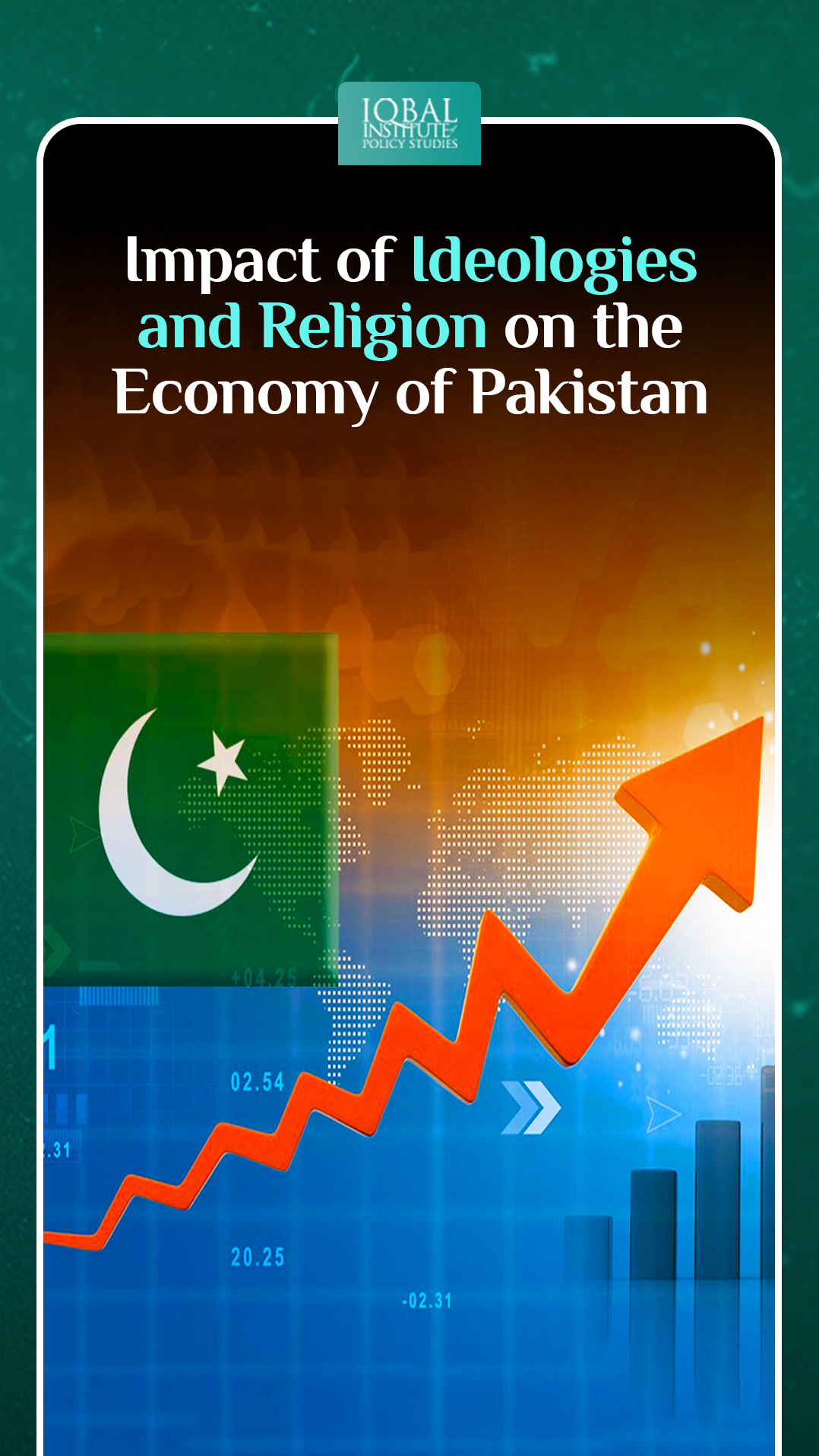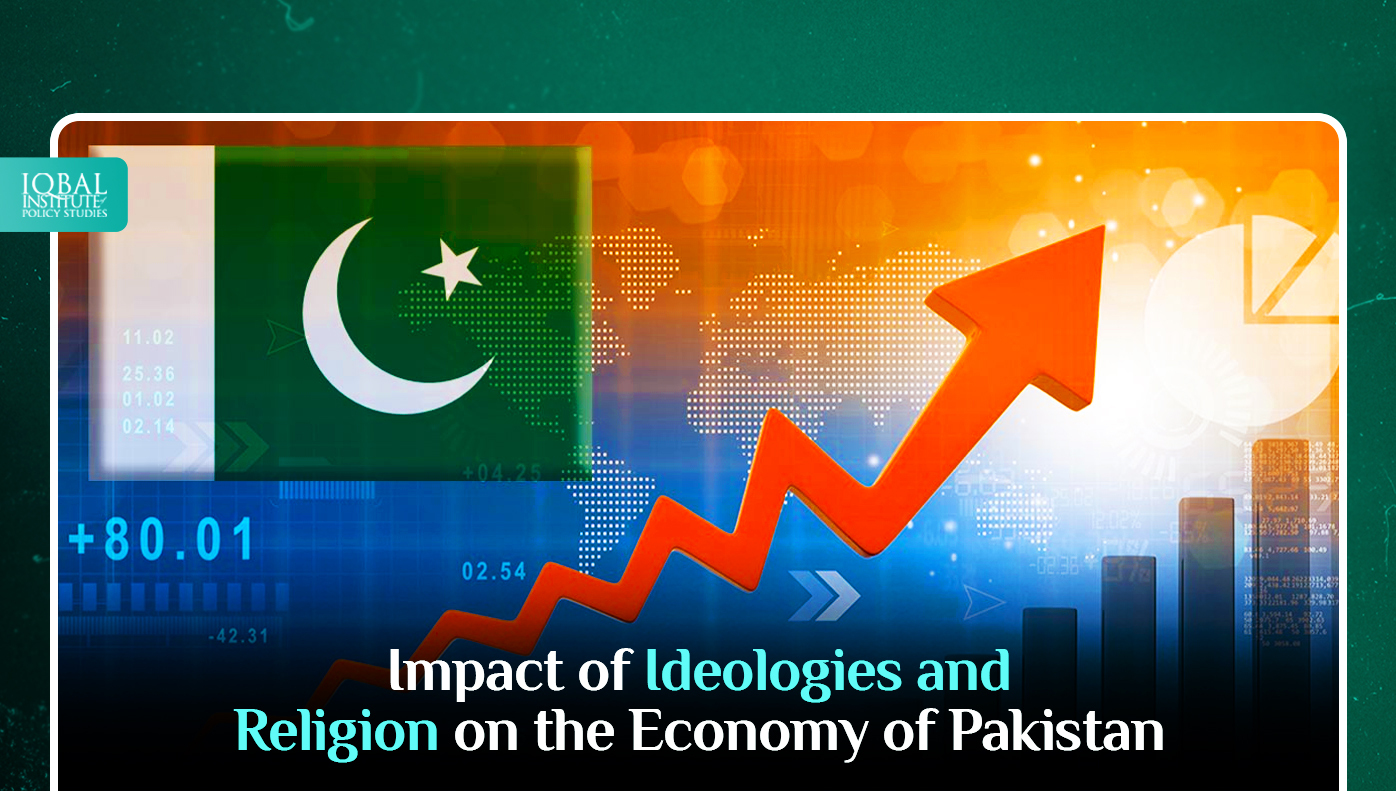Pakistan’s economic landscape is a presentation of vibrant, intersecting forces. Ideologies paint vivid visions of social justice and prosperity, religion imbues daily life with ethical principles, and the pragmatism of market forces seeks to translate aspirations into tangible outcomes. Exploring this dynamic interplay necessitates traversing through historical echoes, deciphering policy nuances, and acknowledging the human stories that breathe life into economic statistics.
Ideological Visions: From Nationalism to Pragmatism and Beyond
At its birth, Pakistan’s ideological compass pointed towards Islamic nationalism. This vision aimed to carve an economic path distinct from its secular South Asian counterpart, India. Land reforms and nationalization were the guiding stars, seeking to redistribute wealth and foster social equity. While these intentions held noble aspirations, implementation often fell short, plagued by inefficiencies and bureaucratic hurdles. The early years also witnessed the Cold War’s icy touch, with fluctuating alliances and foreign aid significantly impacting economic policies.
As decades danced by, pragmatism began to waltz with idealism. Under Zulfiqar Ali Bhutto, socialist leanings aimed to empower the working class and bridge the socio-economic gap. Muhammad Zia-ul-Haq’s era, in contrast, embraced market liberalization, hoping to unleash the engine of private enterprise. Each shift brought both triumphs and pitfalls, leaving behind legacies of industrial growth alongside widening inequality.
Today, Pakistan’s economic tapestry reflects a blend of its ideological journey. Islamic finance offers ethical alternatives to conventional banking, while market mechanisms like privatization continue to be employed. The challenge lies in finding the sweet spot – balancing idealistic aspirations with realistic market forces, nurturing the spirit of Islamic values while remaining competitive in a globalized world.
Religion: More Than Just Faith in the Marketplace
Religion in Pakistan is not a mere spectator in the economic arena; it actively shapes the playing field. Islamic principles permeate financial systems, influencing banking practices and ethical investment choices. Zakat, the obligatory charity, acts as a safety net for the underprivileged, fostering social solidarity.
Yet, religion and economics can also tango in an intricate and sometimes contradictory dance. Gender roles, often interpreted from a conservative lens, can limit female participation in the formal workforce, hindering economic potential. Certain interpretations of Sharia law may restrict economic activity in specific sectors, posing challenges for diversification and growth.
The key, therefore, lies in navigating this dance with an open mind and critical perspective. Fostering inclusive economic models that empower women, promoting interpretations of faith that resonate with modern realities, and creating an environment where religious values and market success complement each other are crucial steps in this ongoing dialogue.
Beyond the Duality: Acknowledging the Complexities
Understanding Pakistan’s economic landscape demands acknowledging the nuances that lie beyond the simple binary of religion and ideology. Factors like geopolitical influences, cultural norms, and historical legacies all play a crucial role in shaping economic outcomes.
Cold War alliances and subsequent sanctions, for instance, significantly impacted Pakistan’s access to trade and foreign investment. Regional tensions continue to cast long shadows, disrupting supply chains and creating an environment of uncertainty. These external factors cannot be ignored when analyzing the dynamics within the economic labyrinth.
Furthermore, recognizing the informal economy’s hidden pulse is critical. Millions of Pakistanis find livelihoods in this vast ecosystem, often overlooked by official statistics. Integrating this sector into the formal economy, while acknowledging its unique challenges, presents an opportunity to unlock untapped potential and fuel genuine economic growth.
Stepping into the Future: A Tapestry of Solutions
The path forward for Pakistan’s economy lies not in choosing single paths, but in weaving a multi-colored tapestry of solutions. Investing in education and skill development is crucial to nurture a workforce equipped for the demands of the digital age. Robust infrastructure, from ports and highways to energy grids and digital networks, forms the backbone of a thriving economy.
Embracing innovation and technological advancements is vital for overcoming resource constraints and fostering sustainable growth. Fostering entrepreneurship, particularly among women and youth, can unleash a wave of dynamism and diversify the economic landscape.
Perhaps the most important threads in this tapestry are social safety nets and inclusive development. By prioritizing healthcare, education, and social welfare programs, Pakistan can ensure that economic gains are shared by all, not just a privileged few. Environmental sustainability must also be woven into the fabric of economic decisions, ensuring that progress does not come at the cost of future generations.
Conclusion
Pakistan’s economic journey is not a tale of preordained outcomes but a dynamic narrative still being written. Understanding the interplay of ideologies, religion, and market forces is the first step in deciphering the complex script. Moving forward requires acknowledging the challenges, embracing nuanced perspectives, and actively shaping a future where economic success translates into social well-being for all.
This article is written by Radma Nouman. Radma is a research analyst at the Iqbal Institute of Policy Studies (IIPS).



Leave a Reply